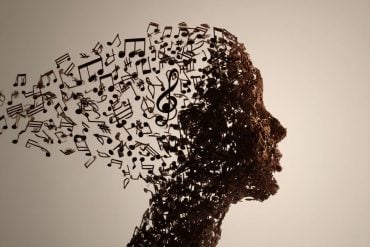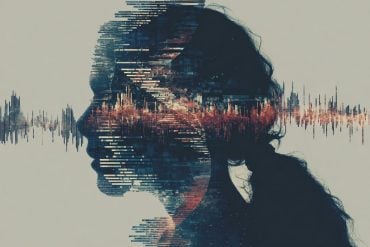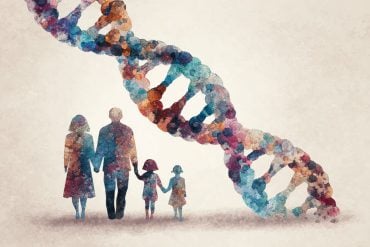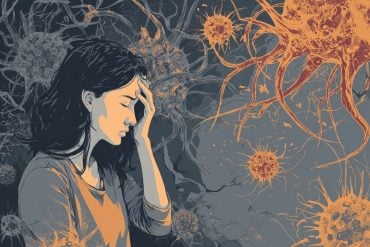Summary: Childhood trauma doesn’t just leave psychological scars—it biologically reshapes the brain through chronic neuroinflammation and structural changes, increasing vulnerability to psychiatric disorders later in life. New research shows that early adversity can reprogram immune responses, altering lifelong mental health outcomes.
This work bridges neuroimaging, genetics, and immunology to identify biomarkers that could revolutionize early intervention and treatment. The findings highlight the need for trauma-informed policies and preventive strategies at both clinical and societal levels.
Key Facts:
- Neuroinflammation Link: Childhood trauma can cause persistent immune system changes that increase risk for psychiatric disorders.
- Biomarker Discovery: Specific inflammatory markers tied to early adversity could enable more precise mental health treatments.
- Preventive Potential: The research supports early interventions and resilience-based strategies to reduce long-term psychological harm.
Source: Genomic Press
In a revealing Genomic Press Interview published today in Brain Medicine, Sara Poletti, PhD, senior researcher at IRCCS Ospedale San Raffaele Milan, illuminates the profound connections between childhood adversity and lifelong vulnerability to psychiatric disorders through persistent neuroinflammation pathways and alterations in brain structure.
Bridging Psychology and Neurobiology
Dr. Poletti’s groundbreaking research has transformed understanding of how early life experiences become biologically embedded, creating lasting changes in brain structure and immune function.
Credit: Neuroscience News
As the only tenure-track psychologist in psychiatry at her institute, she has pioneered multidisciplinary approaches that combine neuroimaging, genetic analysis, and immunological markers to decode the biological signatures of childhood trauma.
“The immune system doesn’t just fight infections—it plays a crucial role in shaping our mental health throughout life,” Dr. Poletti explains.
“Childhood trauma can fundamentally reprogram these immune responses, creating vulnerability to depression, bipolar disorder, and other psychiatric conditions decades later.”
Her work raises critical questions about prevention and intervention: Can we identify biological markers of trauma early enough to prevent psychiatric disorders? How do protective factors buffer against neuroinflammatory responses? What role does timing play in trauma’s biological impact? These questions drive Dr. Poletti’s innovative research program.
From Microscope to Mind: An Unexpected Journey
Dr. Poletti’s path to neuroscience began with a childhood microscope and evolved through encounters with Freud’s writings and neuroimaging studies of violent criminals. This eclectic background equipped her with unique perspectives on brain-behavior relationships.
Despite warnings that psychedelic and inflammation research was “career suicide” in 2006, she persisted in exploring these then-marginalized areas that have since become central to psychiatric research.
As Project Leader at San Raffaele’s Psychiatry and Clinical Psychobiology Unit, Dr. Poletti coordinates diverse teams of psychologists, physicians, and biologists. Her leadership of a European Research Area Network (ERA-NET) Neuron project on the consequences of infections on mental health exemplifies her ability to foster international collaboration in advancing inflammation’s role in psychiatric disorders.
Transforming Challenges into Opportunities
One defining moment in Dr. Poletti’s career came when she reluctantly accepted a teaching position in human physiology—a field she knew little about.
“It required extensive studying and put me to the test,” she recalls.
“However, I learned a great deal from this experience, both scientifically and personally.”
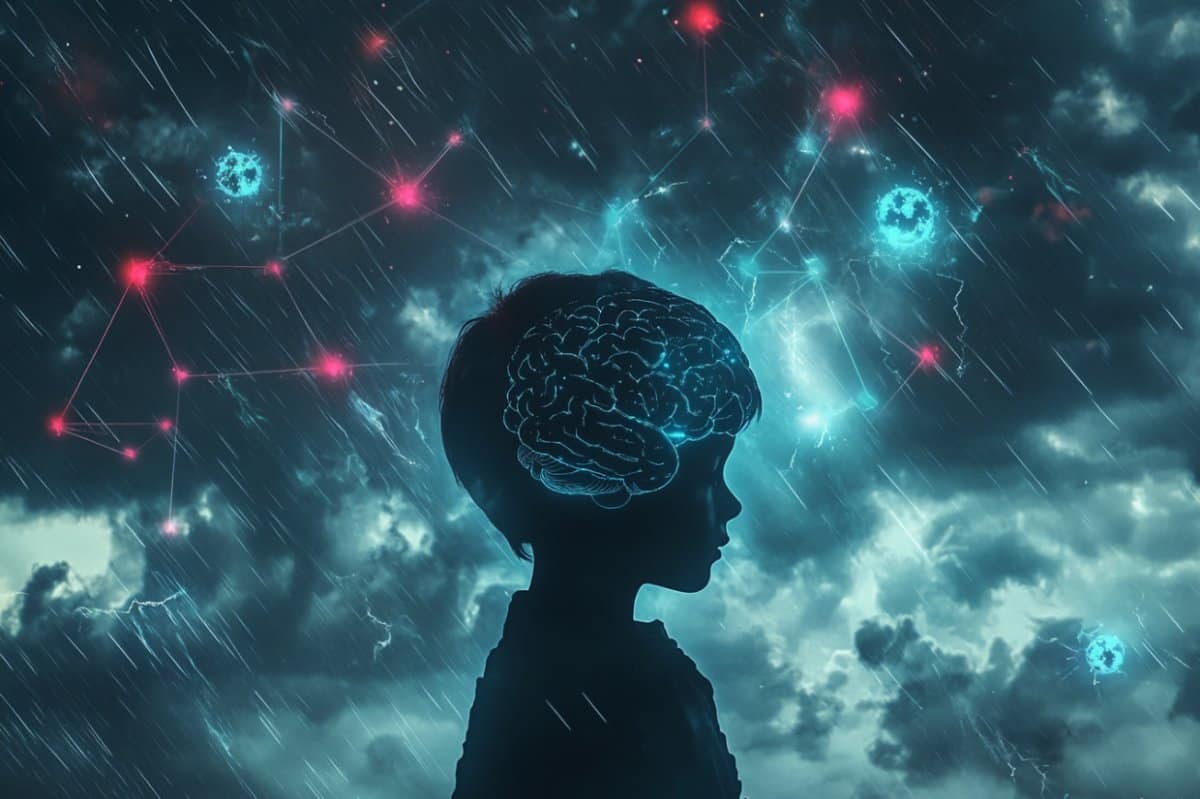
This challenge deepened her understanding of body-brain interactions, proving invaluable for her later research on neuroinflammation.
Her resilience in facing academic challenges mirrors the resilience she studies in trauma survivors. Some individuals exposed to severe childhood adversity develop psychiatric disorders while others don’t—understanding these differences could revolutionize preventive psychiatry. What biological factors confer resilience? How can we enhance natural protective mechanisms? Dr. Poletti’s research addresses these fundamental questions.
Clinical Implications and Future Directions
Dr. Poletti’s findings have immediate clinical relevance. By identifying specific inflammatory markers associated with childhood trauma, her work provides potential targets for novel interventions.
This precision medicine approach could transform psychiatric treatment from symptom management to addressing underlying biological mechanisms. Following this line of reasoning she published the first paper on the use of an immunomodulatory agent (interleukin 2) to treat mood disorders.
“I aim to further elucidate the role of the immune system and its interaction with the environment in psychiatric disorders,” Dr. Poletti states.
Her vision includes developing prevention strategies to reduce mental illness odds, particularly for individuals with trauma histories. This preventive focus represents a paradigm shift from reactive to proactive psychiatric care.
Mountain Peaks and Scientific Summits
The interview reveals how Dr. Poletti’s passion for Italian mountain hiking informs her scientific approach. Standing atop Sasso Nero at 2,847 meters, she finds the clarity and renewal that fuel her research endeavors.
This connection to nature reflects her holistic view of mental health, recognizing that human wellbeing extends beyond biological mechanisms to encompass environmental and experiential factors.
Questions about trauma’s transgenerational effects add another dimension to Dr. Poletti’s work. Can childhood trauma alter genetic expression in ways that affect offspring? How do social and cultural factors modulate biological responses to adversity? These considerations expand the scope of trauma research from individual to societal levels.
Advancing Global Mental Health
Dr. Poletti’s research contributes to a growing recognition that mental health is inseparable from physical health, particularly immune function. This integrated perspective challenges traditional boundaries between psychiatry and other medical specialties, promoting more comprehensive approaches to patient care.
The implications extend beyond individual treatment. If childhood trauma creates lasting biological vulnerabilities, what responsibilities do societies have for preventing adverse childhood experiences? How can healthcare systems better integrate trauma screening and early intervention? Dr. Poletti’s work provides scientific grounding for these critical policy discussions.
About this childhood trauma and neuroinflammation research news
Author: Ma-Li Wong
Source: Genomic Press
Contact: Ma-Li Wong – Genomic Press
Image: The image is credited to Neuroscience News
Original Research: Open access.
“From the cradle to the grave” by Sara Poletti. Brain Medicine
Abstract
From the cradle to the grave
The Genomic Press Interview with Sara Poletti, PhD, senior researcher at IRCCS Ospedale San Raffaele Milan, reveals how childhood trauma shapes adult mental health through neuroinflammation pathways.
Project Leader at San Raffaele Hospital’s Psychiatry and Clinical Psychobiology Unit, Poletti illuminates connections between early adversity, immune dysregulation, and mood disorders including depression and bipolar disorder.
Her pioneering neuroimaging research demonstrates lasting neurobiological changes from childhood experiences, fundamentally altering brain-immune interactions throughout life.
As the only tenure-track psychologist in psychiatry at her institute, Poletti bridges experimental psychology with clinical neuroscience through multidisciplinary approaches combining neuroimaging, genetic analysis, immunological markers, and neuropsychological assessments.
Her European Research Area Network (ERA-NET) Neuron project coordination exemplifies innovative leadership advancing inflammation’s role in psychiatric disorders.
Poletti envisions precision psychiatry where individual biological signatures guide personalized treatments, offering new therapeutic targets focused on immune-brain interactions and prevention strategies.
Beyond scientific achievements, she shares personal insights including her passion for Italian mountain hiking and life philosophy embracing present-moment happiness, revealing a researcher whose dedication transforms how we conceptualize psychiatric disorders.




